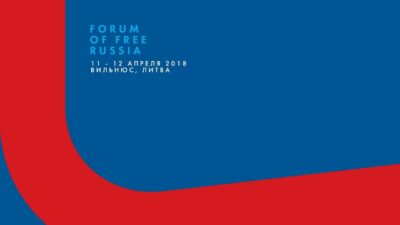Ukraine’s armed forces will soon liberate Bakhmut and two other towns occupied by Russia, Ukrainian President Volodymyr Zelenskyy has said.
“We will de-occupy Bakhmut. I think we will de-occupy two more towns”, Zelenskyy said while speaking to US media editors in Washington. At the same time, he refused to name these cities.
“We have a plan. A very, very detailed plan”, the president assured. He also noted that Ukraine’s counteroffensive, which began in the early days of June, will continue throughout the fall and winter. “We will do everything not to stop in difficult days in the fall with bad weather and winter”, Zelenskyy said.
He said Ukraine has learned the lesson of last year, when it suspended most offensive operations for several months. That allowed Russia to use the break to rebuild its forces and build extensive defensive lines, which have become difficult obstacles for the AFU this year.
“I know what Putin wants. He needs a pause because he has really lost people”, Zelenskyy said.
Meanwhile, according to The Wall Street Journal, citing intelligence assessments, Ukrainian forces broke through the main Russian defensive line near the village of Verbove in the Zaporizhzhya region and overcame anti-tank obstacles, including ditches and concrete blocks known as “dragon’s teeth”.
The gap in the Russian defense line is small. Plus, it is regularly shelled by artillery, and Russian forces go on counterattacks, the WSJ notes. But if the AFU can gain a foothold and move armored vehicles, it will allow them to strike at less fortified areas.
According to a WSJ interlocutor from the AFU ranks, some of the armored vehicles that have broken through have been destroyed or damaged, and Ukrainian units are suffering heavy losses. “We are breaking through. We are destroying them. But at what cost”, the Ukrainian officer said.
The goal of the AFU counteroffensive in the Zaporizhzhya region is to reach the Sea of Azov and cut Russia’s land bridge to Crimea. However, even if Ukrainian forces fail to reach the coast, they could attack Russian supply lines, which would limit Moscow’s ability to sustain its forces, the WSJ concludes.





